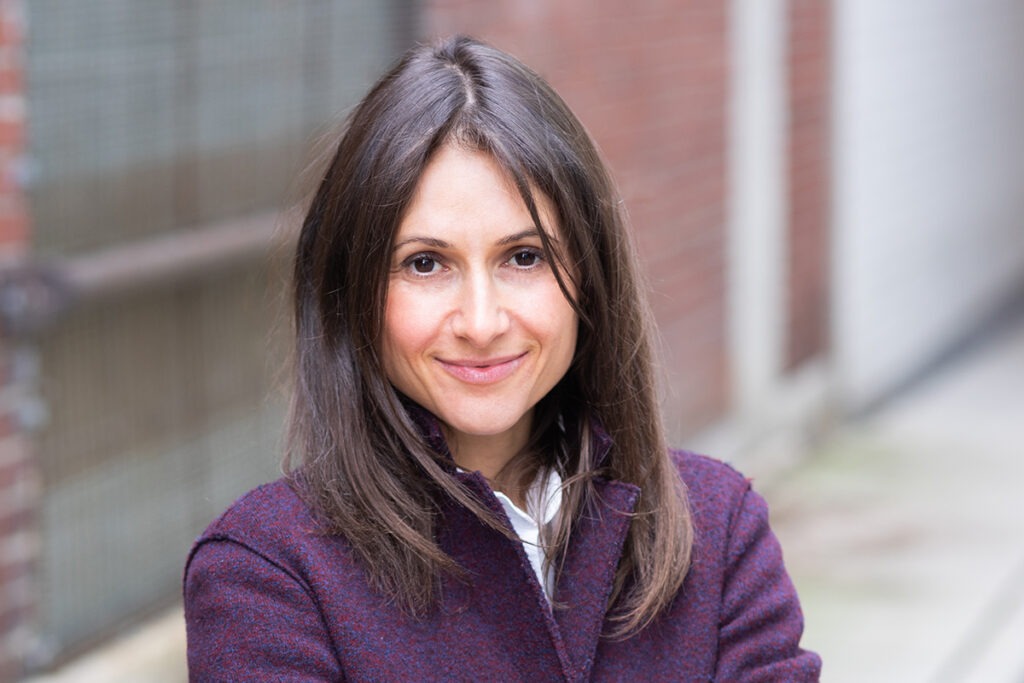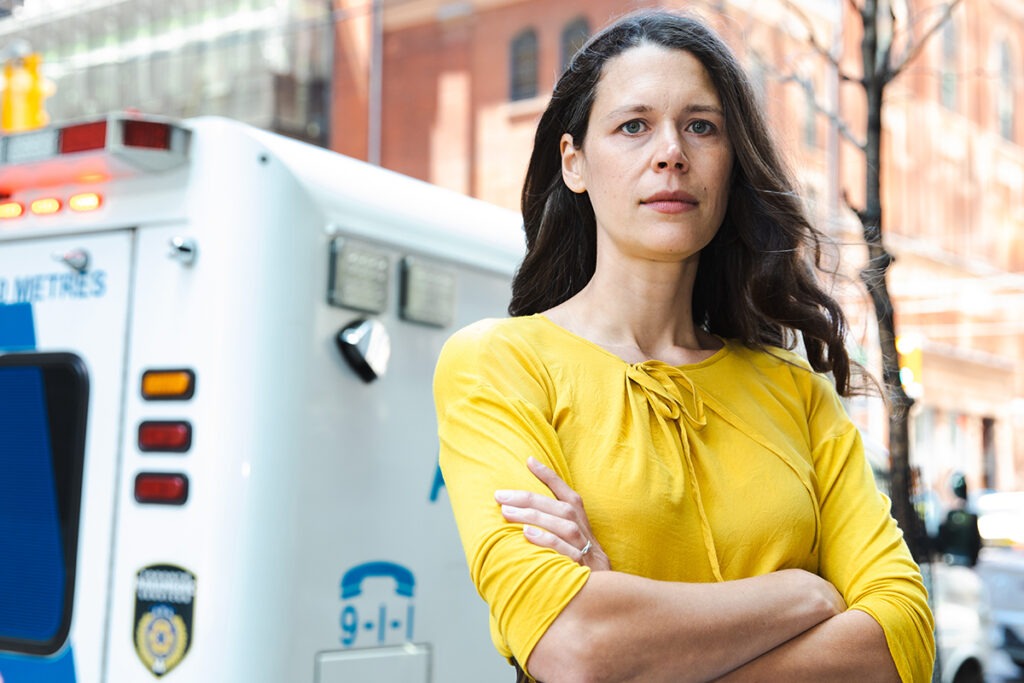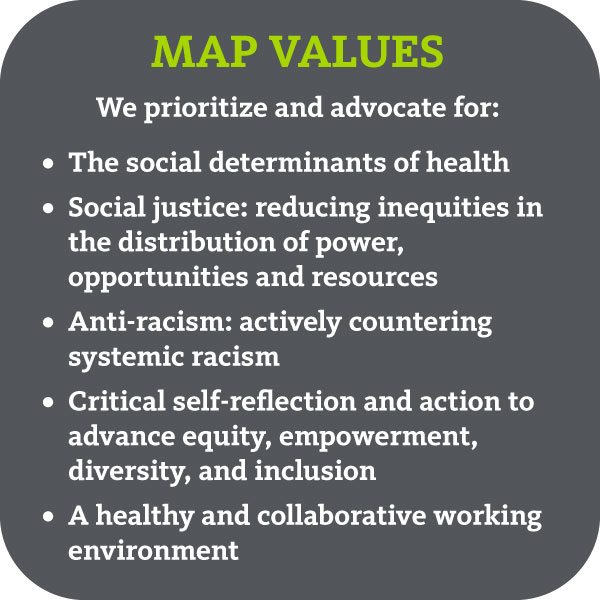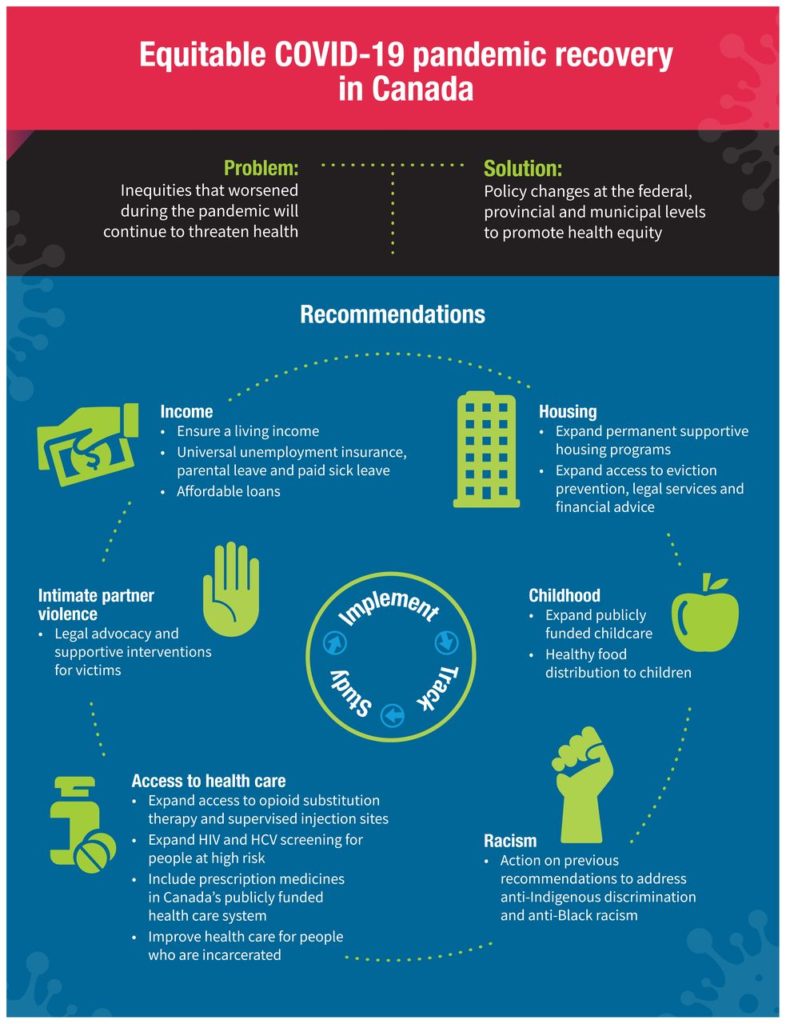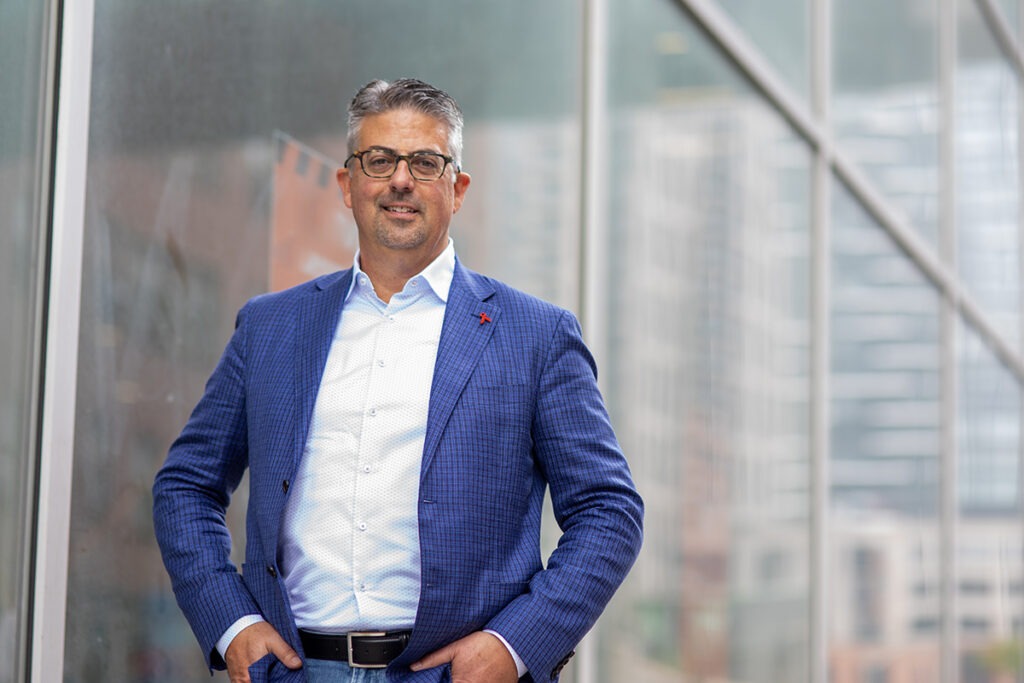Opinion piece written by Dr. Sloane Freeman and Dr. Ripudaman Minhas
After coping with the isolation and uncertainty of virtual school, this fall’s return to in-person learning has been a breath of fresh air for many students.
As pediatricians working in school-based clinics in Toronto, we have witnessed the deterioration of students’ well-being with school closures. Since September, we have watched many of our patients once again thrive in in-person learning environments, with clear positive impacts on their mental, physical and academic well-being. As we nervously watch daily COVID counts and await further information about the Omicron variant, we must do everything possible to keep schools safely open.
While teachers quickly created online learning environments in response to pandemic-related school closures in spring 2020, vital pieces of the school experience could not be translated into a virtual space. Across age ranges, students have remarked on the tragic impacts of prolonged social isolation from their peers. They have mourned disrupted social customs and rites like attending birthday parties, camps, graduations, concerts and sports tournaments. We know there have been huge impacts on mental health, with record-high numbers of calls to crisis lines, mental health referrals, and admissions for eating disorders.
L’importance de l’apprentissage en personne : des nouvelles en provenance du terrain
Article d’opinion rédigé par la Dre Sloane Freeman et le Dr Ripudaman Minhas
Après avoir fait face à l’isolement et à l’incertitude inhérents aux classes virtuelles, le retour à l’apprentissage en personne, cet automne, a constitué une véritable bouffée d’air frais pour de nombreux élèves.
En tant que pédiatres travaillant dans des cliniques scolaires à Toronto, nous avons été témoins de l’impact négatif de la fermeture des écoles sur le bien-être des élèves. Depuis septembre, nous avons vu nombre de nos patients s’épanouir à nouveau dans des environnements d’apprentissage en personne, avec des effets positifs évidents sur leur bien-être mental, physique et scolaire. Alors que nous surveillons attentivement le nombre quotidien de cas de COVID-19 et que nous espérons en savoir plus sur le variant Omicron, il est impératif de prendre toutes les mesures nécessaires pour que les écoles restent ouvertes, en toute sécurité.
Au printemps 2020, alors que les enseignantes et les enseignants ont rapidement créé des environnements d’apprentissage en ligne en réponse aux fermetures d’écoles liées à la pandémie, des éléments essentiels de l’expérience scolaire n’ont pas pu être transposés dans un espace virtuel. Quelle que soit leur tranche d’âge, les élèves ont souligné les conséquences douloureuses d’un isolement social prolongé. Ils ont dû faire le deuil de traditions et de rites sociaux, comme la participation à des fêtes d’anniversaire, à des camps de vacances, à des remises de diplômes, à des concerts et à des tournois sportifs. Nous savons qu’il y a eu d’énormes répercussions sur la santé mentale, avec un nombre record d’appels aux lignes de crise, d’aiguillages vers des services de santé mentale et d’admissions hospitalières en raison de troubles alimentaires.

